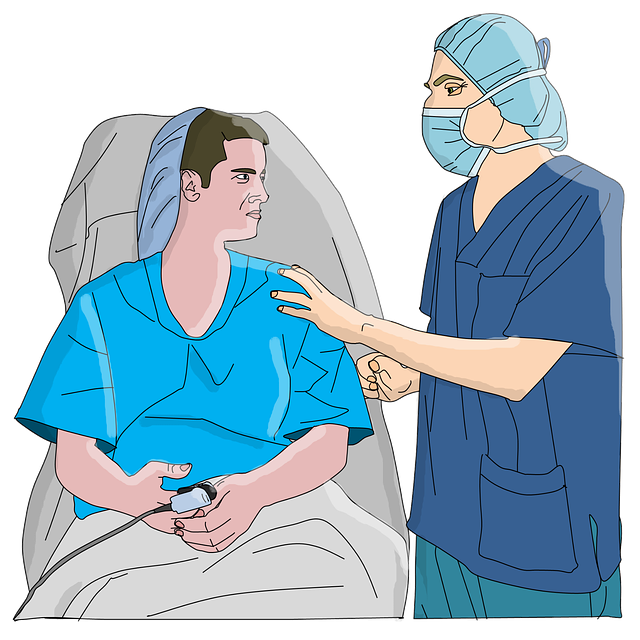Texas faces challenges in protecting elderly nursing home residents from sexual abuse due to legal loopholes. Elderly sexual assault attorneys SC and nationwide can educate stakeholders, drive stricter regulations, and empower communities to advocate for safer homes. Public awareness, legislative action, and collaboration with advocacy groups are essential for systemic change and better protection of the elderly.
In Texas, nursing home residents, primarily the elderly, are increasingly vulnerable to abuse and neglect, with a particular concern over instances of elderly sexual assault. This issue demands immediate attention due to the state’s high number of aging residents. Understanding the prevalence and root causes is crucial. This article explores legal loopholes that have contributed to this problem and offers strategies for advocacy groups and elderly sexual assault attorneys SC to push for safer facilities, ensuring a better quality of life for Texas’ elderly population.
Understanding the Prevalence of Elderly Abuse in Texas Nursing Homes

In Texas, the issue of elder abuse in nursing homes is a growing concern. With an aging population, the number of residents in long-term care facilities is increasing, making it imperative to highlight and address potential risks. Elderly individuals, especially those with cognitive impairments, are vulnerable to various forms of mistreatment, including physical, emotional, and sexual assault. Unfortunately, nursing home abuse, particularly sexual misconduct, has been a recurring problem, leading many families to seek justice through elderly sexual assault attorneys in South Carolina and other states.
Texas has implemented regulations and laws to prevent and punish such crimes. However, the sheer number of facilities and residents makes oversight challenging. Awareness and proactive measures are key; by understanding the scope of the issue, community members, healthcare professionals, and legal experts can collectively push for stricter enforcement and better protection for Texas’ elderly population.
Legal Loopholes and How They Enable Sexual Assaults on Elderly Residents

In Texas, nursing homes are bound by legal regulations aimed at safeguarding vulnerable residents, including the elderly. However, a significant concern arises from existing legal loopholes that can inadvertently facilitate sexual assaults on these susceptible individuals. These loopholes often stem from vague or poorly enforced laws, enabling abusers to exploit the system and target the elderly without consequence.
Elderly sexual assault attorneys in South Carolina (SC) have highlighted how certain legal ambiguities can protect perpetrators. For instance, lack of clear definitions regarding consent and proper reporting mechanisms may delay intervention. Furthermore, loopholes in background check procedures can allow individuals with a history of abuse to gain access to nursing homes. Recognizing these issues is crucial for advocating systemic changes that close these gaps, ensuring the safety and dignity of elderly residents across Texas.
Strategies for Effective Advocacy to Enhance Safety Measures

Advocating for safer nursing homes involves a multi-faceted approach that combines public awareness, legislative action, and legal empowerment. One effective strategy is to leverage the expertise of elderly sexual assault attorneys in South Carolina (SC) – or any state, including Texas, as the case may be. These specialists can educate both families and policymakers about the specific risks elderly residents face, such as sexual abuse, and push for stricter regulations and better enforcement mechanisms.
Community engagement is another powerful tool. Organizing informational sessions, protests, or petitions can raise awareness among local populations, putting pressure on nursing homes to implement robust safety protocols. Additionally, utilizing social media and other digital platforms to share stories and statistics about elder abuse can help foster a culture of vigilance and accountability. Collaborating with local, state, and national advocacy groups further amplifies the impact, ensuring that safety measures are continually enhanced for Texas’ elderly residents.






